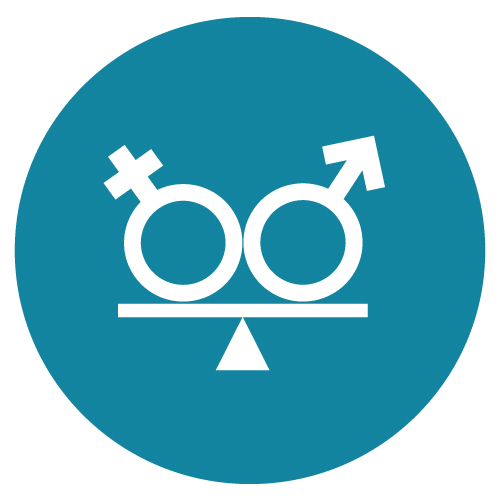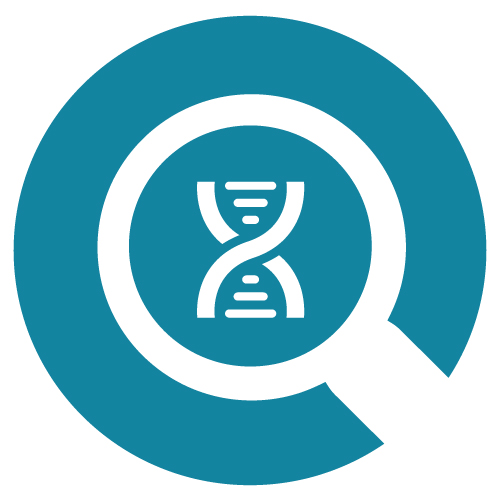

During an IVF-ICSI cycle, following Egg Retrieval (OPU) and ICSI, when the egg and sperm have fertilized to form an embryo, a few cells are taken from the embryo to be tested in the Genetics Laboratory. The Embryo Transfer takes place after the results of the genetic test are released. Completing Genetic Testing during an IVF-ICSI cycle provides a wealth of information about each embryo before transferring to the uterus and does not alter the duration of treatment.
Fakih IVF is the only IVF center in the Middle East with an in-house Genetics Laboratory capable of screening for genetic and chromosomal abnormalities.


|
Family Balancing through Gender Selection: Screen your embryos to identify the gender and check for chromosomal abnormality such as Down Syndrome. |

|
Comprehensive Chromosomal Screening (CCS) for Chromosomal Abnormalities: Screen all 24 chromosomes for gender as well as any chromosomal abnormalities caused by missing or additional chromosomes. Chromosomal abnormalities include Trisomy 13 (Down syndrome), Trisomy 18 (Edward’s syndrome) and Trisomy 21 (Patau’s syndrome). Chromosomal abnormalities are the leading cause of miscarriage. |

|
Pre-Implantation Genetic Diagnosis (PGD) for Inherited Diseases or Single Gene Disorders: Assess embryos for hereditary diseases, allowing parents with a known hereditary (genetic) disease to ensure their children do not have that genetic condition. |

|
HLA Matching Curing a Family Member: Cure a family member suffering from a hereditary disease curable by bone marrow transplant by identifying an HLA Match during IVF. |